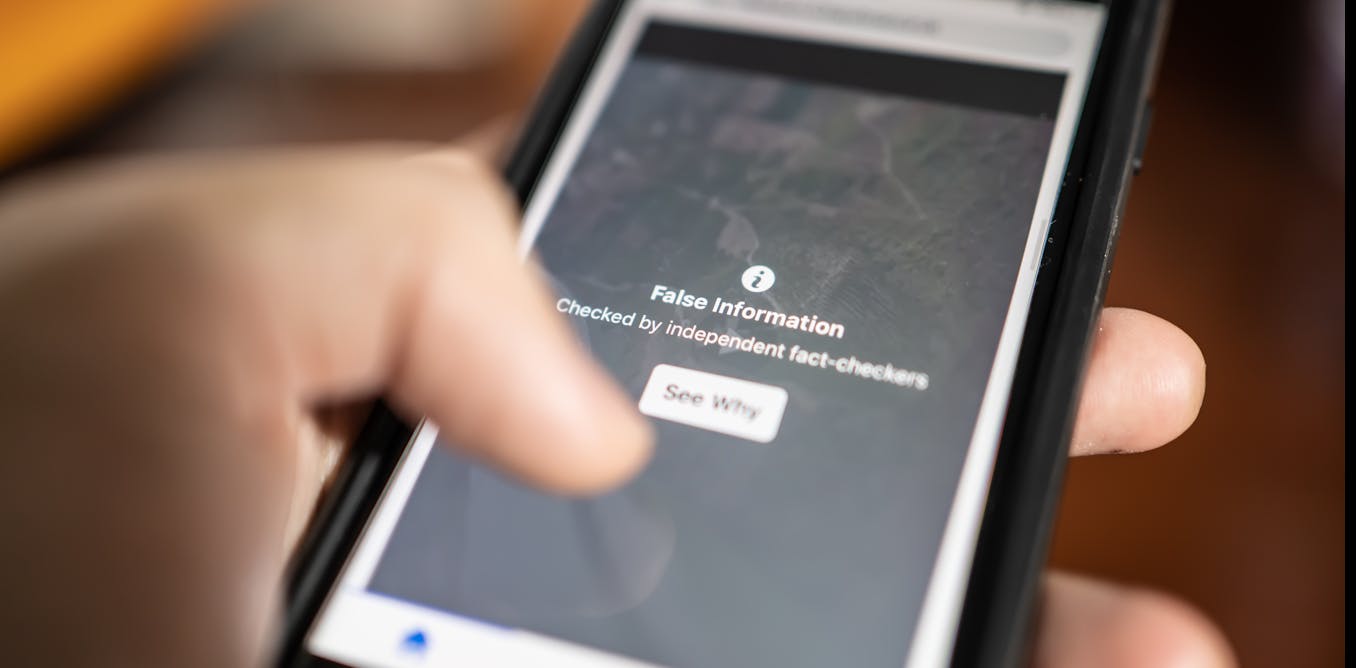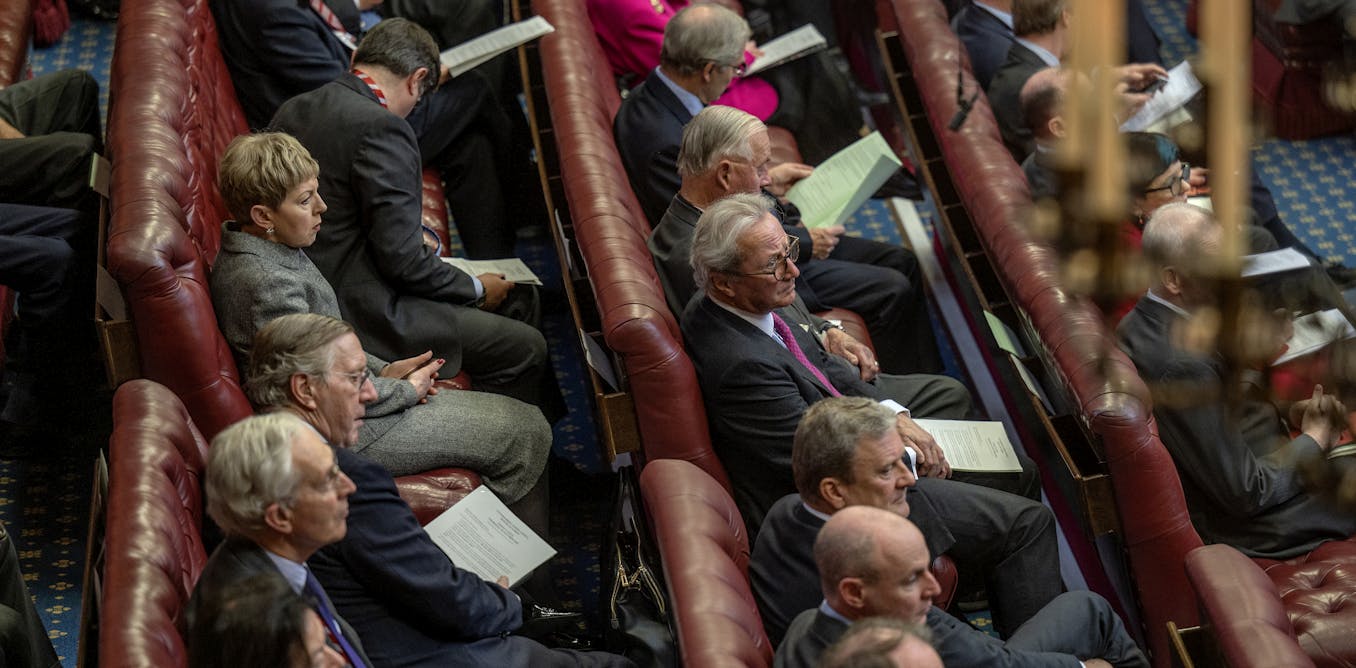In today’s technologically interconnected world, the ability to concoct and spread conspiracy theories has become easier than ever before. This became evident after the recent assassination attempt on former U.S. president Donald Trump. Millions flocked to social media to share their interpretations of the event and the would-be assasin’s supposed motives.
“BlueAnon” theories suggested that the attack was staged to influence the upcoming election. BlueAnon, a play on QAnon, refers to conspiracy theories espoused by liberals.
The rapid dissemination of such theories has fuelled already existing echo chambers, where misinformation was amplified often without verification or critical examination.
However, the attempt of Trump’s life is hardly a novel phenomenon. Political violence, like assassinating political leaders, has repeatedly happened at regular intervals — particularly in the United States. What is new is the way technology, particularly social media, is amplifying conspiratorial rhetoric and making it harder to challenge.
(AP Photo/Carolyn Kaster)
What are conspiracy theories
Conspiracy theories are essentially misinformation advanced by a few individuals or groups to explain certain events. These theories aren’t based so much on objective facts, but rather through often loosely connected bits of information.
In recent years, for example, QAnon has emerged as a significant phenomenon, promoting ideas like a deep state controlling the United States government and aiming to maintain power. The COVID-19 pandemic saw a plethora of conspiracy theories about everything from the origin of the virus to the safety of vaccines. In Canada, conspiracy theories swirled during the so-called Freedom Convoy that occupied downtown Ottawa for weeks in 2022.
Today, social media platforms have become the primary avenue for the spread of such theories. Followers often exist in echo chambers where they draw and reinforce their beliefs from each other. Sometimes, information that appears harmless to share. However, once it’s shared, it can lead to significant negative consequences, including the radicalization towards violence.
Many might associate conspiracy theories with far-right politics. However, radicalization scholars have observed that “a more conspiratorial mindset has become more pronounced in liberal circles over the last eight months.” Meta’s Threads has become a hotbed for BlueAnon conspiratorial content, demonstrating that conspiracy theories are not confined to any single political spectrum.
Dangers of conspiracy theories
Radicalizing People to Violence: Conspiracy theories provide individuals with the necessary ideology to justify violence. The radicalization process is often subtle, beginning with seemingly harmless content and gradually encouraging young people to move away from moderate, mainstream to more extreme beliefs and actions.
Harming innocent people: Conspiracy theories can harm innocent people who may have nothing to do with them. For example, an Italian sports commentator was falsely accused by conspiracy theorists of being behind the attempt on Trump’s life, claiming he was an “antifa extremist.” Such accusations could have tarnished his reputation and potentially put him at risk. People’s personal and professional lives can be severely impacted, leading to loss of employment, social ostracism and even threats to their life.

THE CANADIAN PRESS/Justin Tang
Transforming misinformation into disinformation: What starts as misinformation can often turn into deliberate disinformation with deadly outcomes. People might justify their actions by claiming they were ill-informed or joking, but such supposedly innocuous information can turn into harmful disinformation.
Nazi propagandist Joseph Goebbels infamously said: “Repeat a lie often enough, and it becomes the truth.” With the vast reach of social media, any piece of unverified information can be replicated millions of times, persuading even educated people to believe in manifestly false stories.
Fuelling racism and bigotry: Conspiracy theories can fuel racism against certain groups. The attack on Trump sparked a fresh round of antisemitism. Neo-Nazi and white supremacist groups have sought to blame Jews for the attack.
Undermining democratic institutions: Conspiracy theories often intentionally target democracy and its institutions. Following the assassination attempt, many on the American right and in right-wing media accused the U.S. Secret Service of being part of the conspiracy, claiming it failed to protect Trump. Some, including high-profile politicians, have called on the head of the Secret Service to resign.
Such theories erode trust in government and its institutions, and can have long-term damaging effects on democracy.
What can we do together?
The impacts outlined above are just a few among many that emerged following the recent assassination attempt. It has become increasingly clear that the words of political leaders, influencers, celebrities and even ordinary internet users carry significant weight, potentially radicalizing people and motivating them to consider violence as a means to achieve certain goals.
It is crucial for political leaders to show restraint and temper their language. Social media companies have an equal obligation to take down harmful content as soon as it appears.
Addressing the consequences of conspiracy theories requires a multifaceted approach. Governments and tech companies must collaborate to create and enforce policies that reduce the spread of harmful content while respecting freedom of speech. Community leaders need to promote dialogue and understanding, countering misinformation with facts and empathy.
By addressing these concerns, we can begin to mitigate the deadly consequences of conspiracy theories and work towards a more informed and cohesive society. Promoting truth and transparency in public discourse is essential to maintaining the health of our democratic institutions and ensuring a more just and peaceful world for current and future generations.

The post “How conspiracy theories polarize society and provoke violence” by Kawser Ahmed, Adjunct Professor at the Political Science department, University of Winnipeg was published on 07/19/2024 by theconversation.com




































Leave a Reply